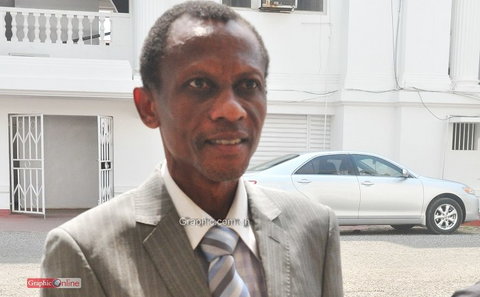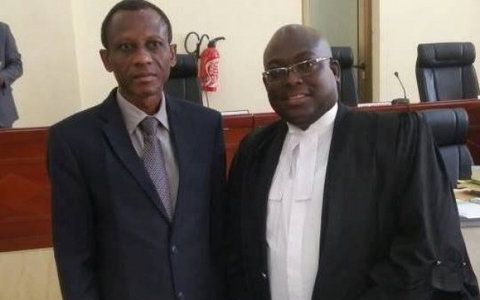The three justices of the high court who were sacked by President Nana Addo Dankwa Akufo-Addo for allegedly taking bribes to warp justice have been dismissed by the Economic Community Of West African States (ECOWAS).
The three justices were part of over 30 judges caught taking bribes in an undercover investigation done by journalist Anas Aremeyaw Anas in 2015.
A three-man panel of the ECOWAS Court led by Justice Dupe Atoki dismissed the suit, held that although the secret filing of the Justices in their offices, done without their consent, amounted to an interference with their right to privacy, the interference was justifiable as it was meant to expose unlawful conduct by public officers.
The judges, in December 2018, filed a case at the ECWOAS court for their reinstatement.
The application is for the enforcement of the human rights of the applicants (judges) pursuant to Articles 9(4) and 10(d) of the Community Court of Justice Protocol a/p.1/07/91 and Supplementary Protocol a/sp.1 /01/05 respectively.
However, the ECOWAS court upheld the argument by the state of Ghana, to the effect that the secret filming of the Justices was supported by Article 1(1)(b) of the Whistle Blower Act of Ghana and Section 61 of the Data Protection Act of Ghana.
It found that the applicants’ right to privacy was interfered with by the secret filming of their activities by Anas, but went further to hold that the interference, being premised on national legislation, is in compliance with the law.

The court noted that as Justices, who did not deny knowledge or ignorance of the law, they ought to know that their conduct would be subjected to scrutiny as public officers.
It further agreed with the state of Ghana that, in engaging in the alleged act of accepting bribe, the applicants ought to know that they would be opened to the secret investigation.
The court held that the interference with the applicants’ right to privacy, aimed at exposing the commission of a crime, was justified and necessary in a democratic society.
It said the applicants, by their position as judge’s, are public officers, who receive public funds are, in that capacity, accountable to the public and could be subject to investigation, where there is reasonable suspicion of their involvement in the commission of a crime.
“The secret recording of the applicants is necessary for a democratic society. The claim to violation of the right to privacy fails,” the court said.
The court also held that the applicants failed to prove their claim that the respondent violated their rights to a fair hearing, non-discrimination/equality before the law and right to work.
The court noted that, while two of the applicants failed to respond to the query handed them by the Chief Justice, they challenged their suspension and investigation up to the Supreme Court and lost in all the six cases they filed.

It said, having rightly exercised their right to access the court up to the highest court in Ghana, the applicants cannot claim to have been denied fair hearing.

